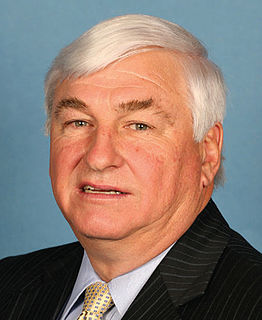A Quote by Jim Flaherty
I'm still a fiscal conservative, and I'm inclined to pay down debt.
Related Quotes
I don't understand how the Republican party is the party with the reputation for fiscal conservatism and fiscal sanity, when they're the ones who run up the debt. It was Reagan who ran up the debt and now Bush is doing it again, and in between, Clinton and Bush's father, I must say, worked so hard to get that deficit and that debt down.
There are two definitions of deflation. Most people think of it simply as prices going down. But debt deflation is what happens when people have to spend more and more of their income to carry the debts that they've run up - to pay their mortgage debt, to pay the credit card debt, to pay student loans.
The moment a large investor doesn't believe a government will pay back its debt when it says it will, a crisis of confidence could develop. Investors have scant patience for the years of good governance - politically fraught fiscal restructuring, austerity and debt rescheduling - it takes to defuse a sovereign-debt crisis.
We need a wealth tax that on a one-time basis is going to take back at least some small fraction of the great windfall that the upper 1 percent, or 5 percent and pay down the government debt, pay back the federal debt because we can't put this on the next generation or they're going to be buried paying taxes.
There is a lot of fiscal conservatives in the United States senate that didn't vote for that because we understand that national security spending is not the reason why we have a debt. Our debt is being driven by the way Social Security, Medicare, and Medicaid and, by the way, the interest on the debt is structured in the years to come.


































